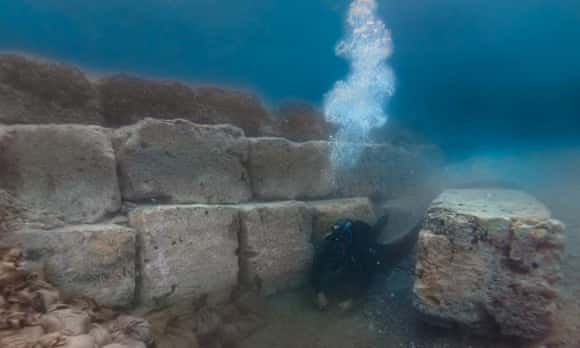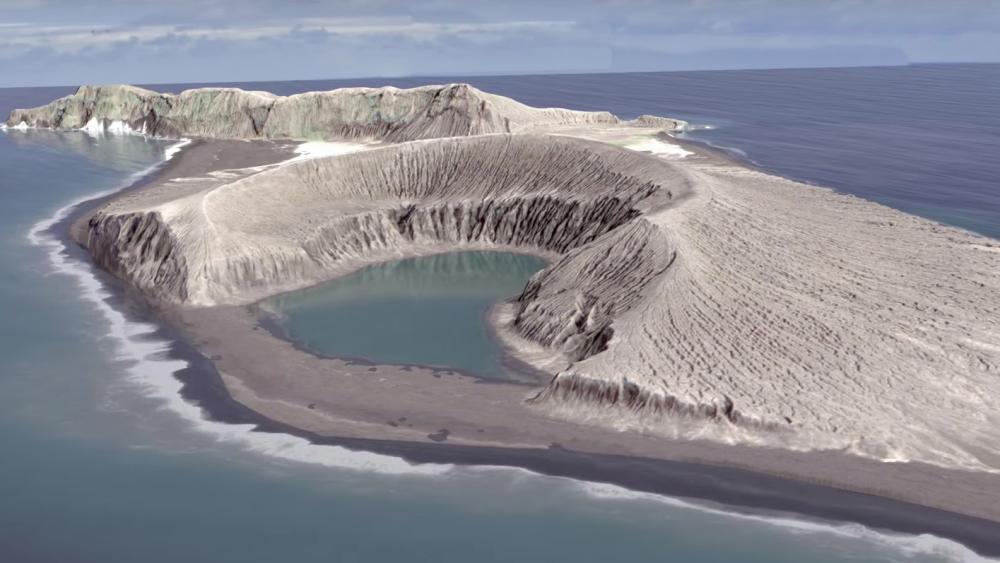 | Lab notes: Dracula, weird sex and hunting for aliens – a B-movie week in science |  |  Let Lucille Ball's face tell you everything you need to know about the video on the monkey-deer sex story. We warned you. Photograph: Everett/REX/Shutterstock
| Tash Reith-Banks
| This week's biggest stories The biggest and most exciting news this week is, of course, that remarkable success in a drug trial for Huntington's disease means we may be at a turning point in the treatment of neurodegenerative diseases. However, the stories that have most captured reader imagination are, naturally, the ones to do with the discovery of the first solar system with as many planets as our own, scanning 'Oumuamua for signs that it might be an alien spacecraft and another story about weird monkey-deer sex (following on from January's monkey-deer sex revelation). Add to that an enormous ancient penguin, Dracula, the bloodsucking tick which feasted on dinosaurs 99m years ago, found by fossil-hunters amongst the remains of a feathered dinosaur nest and the grim news that the risk of a fatal motorcycle crash is higher under a full moon and frankly you've probably got enough to keep your brain busy until the new year. More news from Guardian Science | Sign up to Lab notes
___ Straight from the lab – top picks from our experts on the blog network |  |  Underwater archaeologist Matej Školc carefully excavates the foundations of an ancient harbour structure. Photograph: Vassilis Tsiairis/Lechaion Harbo
| New underwater discoveries in Greece reveal ancient Roman engineering | The Past and the Curious Caesar's Corinthian colony developed into one of the most important ports in the eastern Mediterranean. Ships filled Lechaion with international goods and Corinth became so well known for luxury and vice that a Greek proverb stated, "not everyone can afford to go to Corinth." However, while ancient coins depict a formidable harbour with a large lighthouse, visible remains of Lechaion are scarce. Visitors to the coastline today can see the foundations of two large structures forming the outer harbour, but otherwise the remains are buried under centuries of sediment. The excavations are beginning to reveal the secrets of this largely forgotten port. In 10 years' time trains could be solar powered | Political science It's exciting stuff. We think solar could power 20% of the Merseyrail network in Liverpool, as well as 15% of commuter routes in Kent, Sussex and Wessex. There's scope for solar trams in Edinburgh, Glasgow, Nottingham, London and Manchester too, and there's no reason it should just be a British thing either. We're especially excited about possibilities in San Francisco, Mexico City, India and Spain, but trains and trams all over the world could be running on sun in a few years time. Why are palaeontologists suing Trump? | Lost Worlds Revisited The national monuments cuts will supposedly put the land back in the hands of the people, rather than "a small handful of very distant bureaucrats". National monuments, like all protected areas, are actually designated in order to preserve sites of importance for the public, in posterity. The billionaire president seeks support from a small handful of conservative ranch owners – and from the fossil fuel companies who would undoubtedly benefit from access to any coal, oil and gas on these lands. Fossil fuels may be on many people's minds since the announcement, but these are far from the most precious fossils to be found in these parks. Visit the Science blog network ____ Science Weekly podcast |  |  Trump supporters and protesters clash. How might we bridge the widening gaps in society? Photograph: Chicago Tribune/REX/Shutterstock
| With divisions between left and right, young and old, metropolitan and rural greater than ever before, how can we connect with those we disagree with? And what happens if we fail? Ian Sample explores these questions and more in this week's podcast. ___ Eye on science – this week's top video |  | Formed from the ash of a 2014 volcanic eruption in the south Pacific, this new Tongan island, unofficially named Hunga Tonga-Hunga Ha'apai, reaches a height of 120 metres and was originally only predicted to last months. Instead, Nasa now believes it will remain for between six and 30 years, making it the first island of this type to persist in the modern satellite era. | | Guardian News & Media Limited - a member of Guardian Media Group PLC. Registered Office: Kings Place, 90 York Way, London, N1 9GU. Registered in England No. 908396 |
| | | |
No comments:
Post a Comment